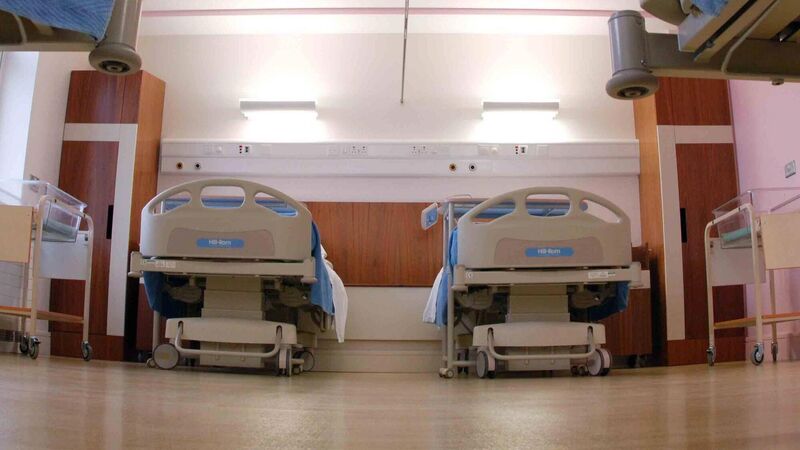Infant death rates in Irish hospitals up to two times higher among African-born mothers, ESRI report finds

A four-bed ward at Cork University Maternity Hospital, Cork. File Picture: Denis Scannell
Hospitals must start listening to women of colour and acknowledge dangerous flaws in how they are treated, advocates have urged.
“It’s not just that we are uncomfortable in these hospitals, we are dying,” said one leading anti-racism campaigner in frustration.













